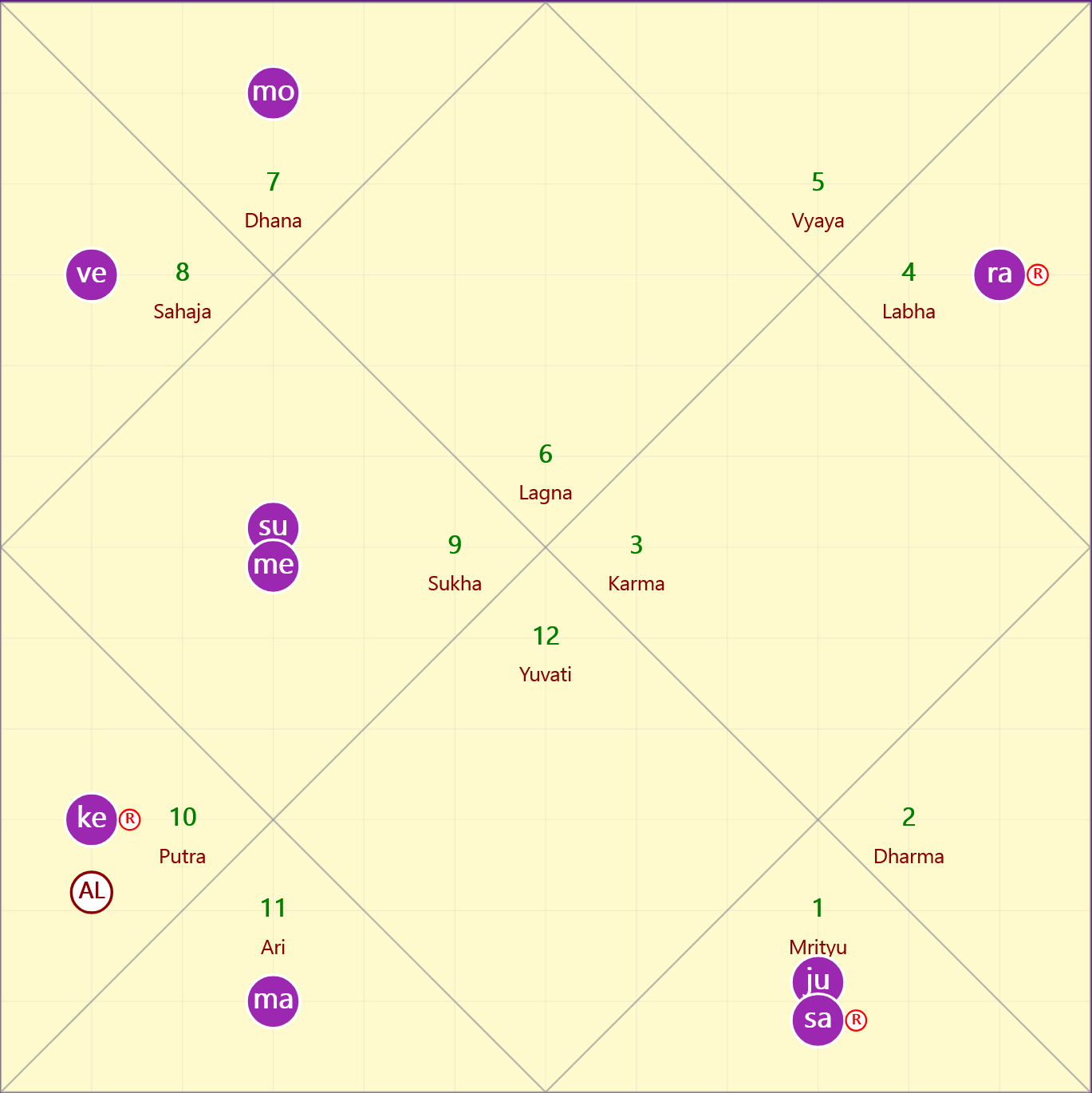
Best Times for Activities: A Beginner’s Astrological Timing Guide
Introduction
Choosing the right time to start an important activity can make a significant difference in its success. In Vedic astrology, this concept is known as muhūrta—the selection of auspicious moments based on planetary positions and combinations. This lesson will help you understand how to use simple astrological principles to find the best times for various activities, even if you are a beginner.
Key Concepts
1. Planetary Influence on Activities
Each planet in Vedic astrology governs certain areas of life and activities:
- Sun: Leadership, authority, health-related matters
- Moon: Emotions, family, nurturing activities
- Mars: Energy, competition, physical activities
- Mercury: Communication, learning, business
- Jupiter: Wisdom, teaching, spirituality
- Venus: Love, arts, luxury
- Saturn: Discipline, hard work, long-term projects
Choosing a time when the relevant planet is strong and well-placed can improve the chances of success.
2. Timing and Success
Starting an activity during an auspicious muhūrta increases the likelihood of favorable outcomes. For example:
- Starting a business when Mercury and Jupiter are well-placed favors growth and communication.
- Scheduling medical procedures when the Moon is waxing (increasing) is considered beneficial for healing.
3. Simple Guidelines for Choosing Times
Even without detailed calculations, beginners can follow these easy tips:
- Favor days ruled by the planet related to your activity (e.g., Thursday for Jupiter-related tasks).
- Avoid periods of planetary retrograde for activities requiring smooth progress.
- Use the tithi (lunar day) to pick auspicious days, such as the 2nd, 5th, 7th, 10th, 11th, 13th, and 15th lunar days.
Visual Learning
Understanding your natal chart can help you identify your personal planetary strengths. Here's an example of a natal chart:

Practical Examples
Example 1: Launching a New Project
If you want to start a new project related to communication or business, choose a day when Mercury is strong and direct (not retrograde), preferably on Wednesday or Thursday. Avoid starting during Rahu Kalam (an inauspicious period during the day).
Example 2: Marriage Ceremony
Venus governs love and relationships. Planning the wedding on a Friday or during Venus’s favorable transit can bring harmony.
Example 3: Health-Related Activities
Schedule surgeries or health treatments during the waxing Moon phase, avoiding Amavasya (new moon day) and challenging planetary periods.
Simple Remedies
- Chant planetary mantras to strengthen the relevant planet.
- Wear gemstones associated with your activity’s ruling planet after consulting an expert.
- Perform simple rituals on specific days to invite auspicious energies.
Summary
Choosing the best time for activities using Vedic astrology can significantly influence outcomes. By understanding planetary roles, avoiding inauspicious periods, and selecting favorable days and muhūrtas, even beginners can enhance their chances of success.
Start with simple guidelines and observe how timing affects your life’s important events. With practice, you can deepen your knowledge and make more precise astrological timing decisions.
Tags: auspicious timing, muhurta, astrological timing, success timing




